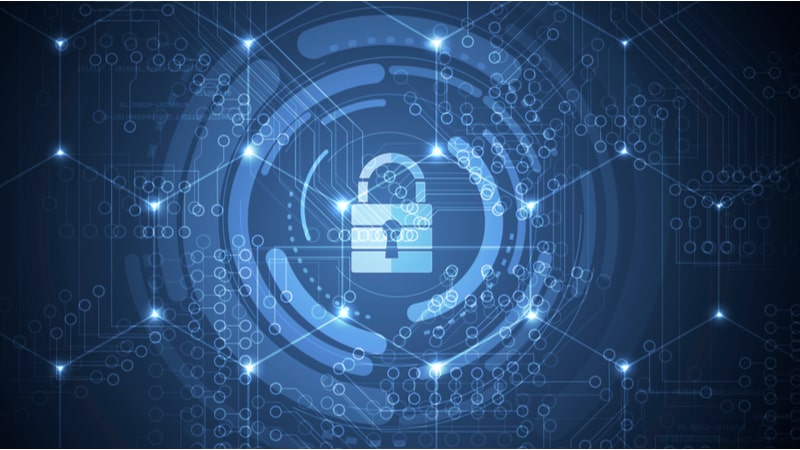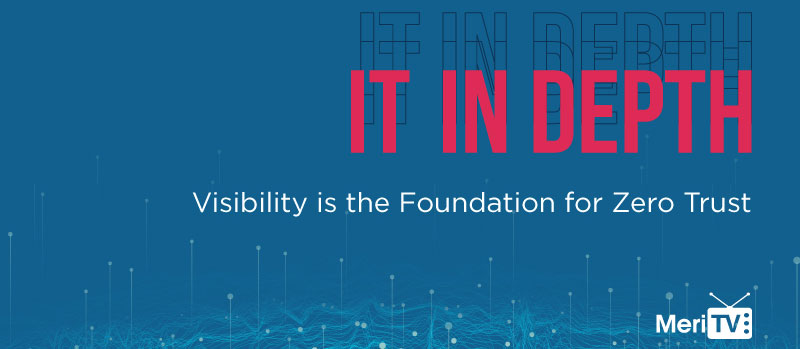
Cyberattacks are ever-increasing and lawmakers today called for increased cyber collaboration and a stronger cyber workforce in order to stop the next cyberattack from happening, as well as to bolster the nation’s cyber posture and global leadership.
Industry and Government Collaboration
During opening remarks at the Consumer Technology Association’s CES event today, Rep. Nanette Diaz Barragán, D-Calif., emphasized that Congress plays a key role in the nation’s cybersecurity but that it will require a “whole-of-nation effort” to address the cybersecurity challenges facing the United States.
“Congress and the Federal government have a key role to play in the continued development of a coordinated, national public-private cybersecurity strategy that protects our critical national defense, energy, and financial infrastructure,” Rep. Barragán said. “Government alone cannot address the cybersecurity challenges we face. It will require a whole of nation effort.”
Going forward, she emphasized the importance of government working with “technology developers and suppliers to develop and implement policies that will yield real security benefits without stifling innovation.”
Rep. Jay Obernolte, R-Calif., also delivered opening remarks in which he encouraged increased cyber collaboration between government and industry. Rep. Obernolte also offered some concrete examples he believed that government could help industry in.
“First of all, I think that many private sector companies are unaware of some of the security vulnerabilities in our software. And I think that government can really help in … raising awareness of the security vulnerabilities in supply chains and catalyze those changes being addressed before a foreign adversary notices that those vulnerabilities exist,” Rep. Obernolte said.
Obernolte also noted that vulnerabilities in open-source software also need to be talked about more, because many software developers “don’t know everything that’s going on under the hood when they plug in a piece of open-source software.”
“I think that government needs to take a more active role in not suppressing the use of open-source software – because I think has done a lot of good – but in raising awareness of some of the security vulnerabilities that can introduce into supply chain software,” Rep. Obernolte said.
Growing the Workforce
Rep. Obernolte’s last suggestion was that the United States take “a serious look at catalyzing the growth of our STEM workforce.”
He noted increasing competition with China in the computer science workforce, saying “within the next several years they will graduate, annually, double the number of computer science PhDs as the United States.”
Will Hurd, a former U.S. representative for Texas and the managing director of Allen & Company LLC, also noted that the increasing competition with China is a concern and one that will affect the United States’ cyber posture.

“I would say that the actual issue of cybersecurity is the easier issue to deal with of the broader tech challenges that we have, and what do I mean by that?” Hurd asked. “If the U.S. and our allies do not continue to be the leader and show global leadership in advanced technology, and we allow China to take over, if they’re designing the things and the infrastructure on which we’re using – anything we do on that infrastructure can be compromised.”
“One of the reasons why it is, is that we don’t have the workforce necessary to take on these kinds of challenges,” Hurd explained.
“Where our lack of leadership will start is the erosion of our advantage in graduating the kind of workforce in the technical sciences that we’re going to need to catalyze the United States remaining on the forefront of technological innovation,” added Rep. Obernolte. “We need to start reversing that trend right now.”
